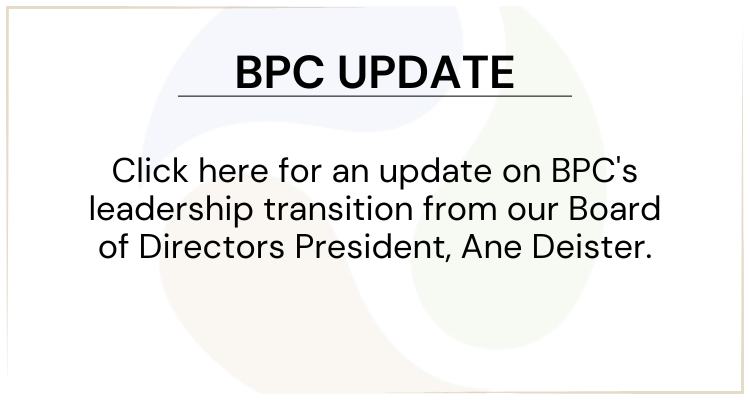CALIFORNIA:
Boxer vows to block ‘devastating’ House drought bill
Debra Kahn, E&E reporter
Published: Tuesday, September 1, 2015
Sen. Barbara Boxer (D-Calif.) promised yesterday that she would block a House bill aimed at easing the effects of California’s drought.
In wide-ranging remarks yesterday at a San Francisco event put on by the think tank Public Policy Institute of California, Boxer called a House bill by Rep. David Valadao (R-Calif.) damaging to endangered species and said she would have to get 41 votes in the Senate to block cloture on it.
“That bill is devastating,” she said in response to a question. “It’s already a battle to save the endangered species given climate change. Now if we take water away from them, it’s going to only exacerbate the problem, so we need those 41 votes and we’ll stop it in its tracks.”
The Valadao bill, which passed the House in July, would loosen environmental restrictions on how much water could be pumped from the state’s main water delivery hub, the Sacramento-San Joaquin River Delta, and repeal a law to restore the San Joaquin River, as well as encourage new water storage projects (Greenwire, July 16).
Boxer’s own drought bill, introduced with Sen. Dianne Feinstein (D-Calif.) in late July, also seeks to move more water from the delta to parched farms and communities in central and Southern California by tweaking criteria governing flows, but it specifies that the adjustments must comply with the Endangered Species Act and other environmental laws protecting fish. It also includes a number of longer-term provisions aimed at boosting desalination technology, water reuse projects and conservation measures (E&E Daily, July 30).
Both bills have been welcomed by Senate Energy and Natural Resources Chairwoman Lisa Murkowski (R-Alaska), who plans to hold a hearing on them in the fall but also “advance her own legislative language with the goal of addressing water issues for the western region of the country as a whole,” committee spokesman Robert Dillon said yesterday.
Boxer, a veteran of the California water wars, also said she was hoping to avoid inflaming tensions between environmentalists and farmers with her latest legislative efforts to deal with the drought.
She has introduced two other bills this year attempting to fight the drought by increasing funding for conservation, water recycling, desalination and other techniques, as well as her measure with Feinstein that would increase deliveries of existing water from Northern to Southern California.
“Water is the issue that if you touch it, your body gets shocked,” she said. “I’m done with the water wars. If you’re one stakeholder and you want me to turn against the other ones, call somebody else. And if you want me to do this in secret, call somebody else, because I won’t.
“We must, must, must get together,” she said. “All of us, we have to get together, and we have to share the pain of this moment.”
She also said Republicans have shown appetite for encouraging desalination as a way to solve water supply issues.
“I’m the biggest environmentalist in the Senate, I can say that without a doubt, but I think the environmentalists have to come to the table, and we have to figure out how to do desal in a way that makes sense,” she said. “One environmentalist came to me very agitated, my friend, and said, ‘What about all the salt?’ I said, you know, it’s not nuclear material. We can deal with this, we can figure this out.”
Senate Environment and Public Works Chairman James Inhofe (R-Okla.) is “very interested in holding hearings on desalinization,” she said.
“I think people understand the need to look at this,” Boxer said.
“Unless the scientists are dead wrong, it’s going to be a permanent deal,” she said of climate change’s predicted effect on intense drought. “That means we need to figure things out.”
Boxer also said her memoir, “The Art of Tough,” announced in July, is scheduled for release June 7, 2016 — “right in the heart” of the presidential race, with a nationwide book tour. “It’ll be very interesting,” she said. “I’m going to go all over the country and talk about it.”
She said she’s not sure what she’ll do after that, but expects to focus on the environment, women’s rights and civil rights.
“The book itself is going to be a jumping-off place for me to do a lot of things,” she said. “I could have a radio show. I don’t know. I’m very open to where that particular thing leads me.”
Tags: legal, water
